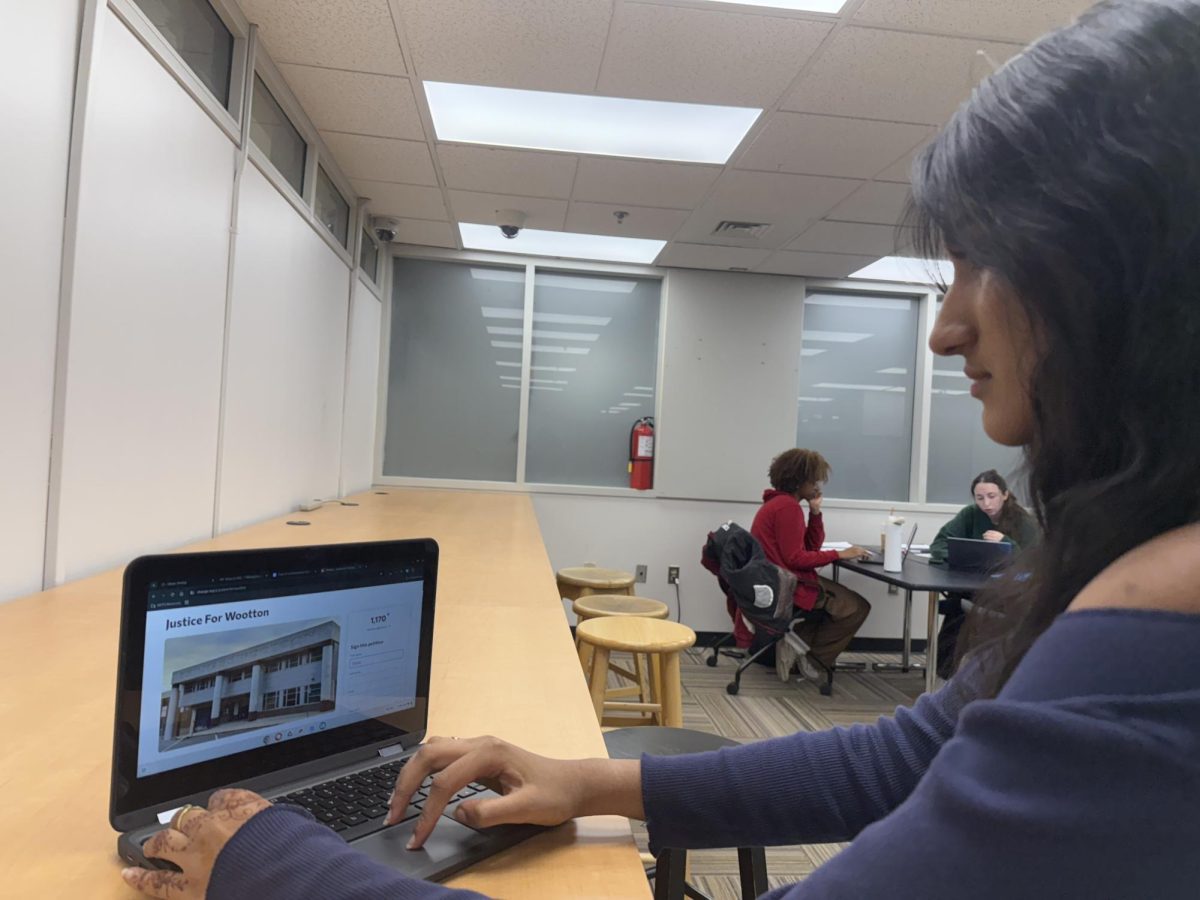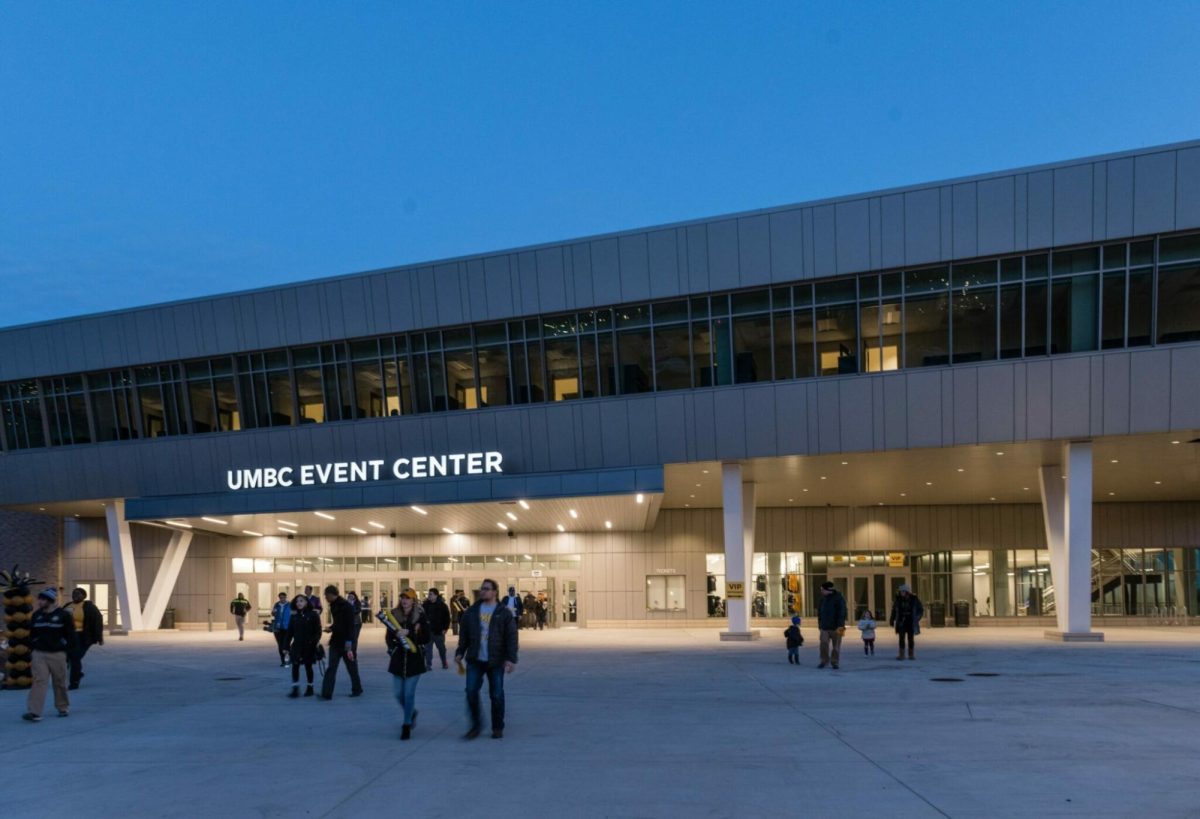On Jan. 30 a group of Democratic lawmakers met to discuss the legalization of recreational marijuana use in the state of Maryland. The state lawmakers plan to enhance Maryland’s medical cannabis commission and increase the number of licenses given to processors, growers and dispensaries, giving them the ability to grow and sell marijuana.
Legislators proposed that Marylanders aged 21 and over would be able to own and grow the drug in specified amounts. In order for this to be achieved two bills sponsored by Senator Richard S. Madaleno Jr., Delegate Curtis S. Anderson and Delegate Mary L. Washington would need to be approved.
The benefits of increased marijuana production include not only the chance for economic prosperity, but easier distribution. According to medicalmarijuana.procon.org, 2,604,079 Americans rely on medical marijuana for pain relief. “I think the recreational sale of marijuana should be legal in Maryland because people use it to help with chronic pain and depression,” junior Maddie Lee said.
The proposed legislation mirrors Colorado’s similar policies. In 2012, Colorado legalized the regulated sale of cannabis. The tax money made from sales would be allocated to schools for various educational programs.
The state of Maryland would use the increased tax income to fund programs within public schools. These programs include lectures focusing on substance abuse, prevention/treatment and the risks of driving while impaired. These programs are meant to educate youth about the risk of misusing narcotics and how misuse can be prevented.
The bills are widely favored as they would improve minority-owned businesses and enforces safe cannabis use. Lawmakers believe this could be the next step to creating a better economy and safer narcotic sales. “This legislation will effectively end the failed policy of cannabis prohibition in Maryland and replace it with a much more sensible system,” Maryland senator Richard S. Madaleno said to The Washington Post.
Legislators such as David Moon believe a separate bill may be more effective. Moon’s “Plan B” would allow voters in 2018 to vote in order to decide if the legalization of recreational marijuana should be added to the Maryland state constitution. In order for this amendment to be passed two-thirds of the legislature would need to vote in favor of the bill.
While legislators propose various plans to legalize the sale of marijuana, the dispensing of medical marijuana has yet to begin. In 2013 a piece of legislation allowing the legal use of government dispensed medical cannabis was passed. In the three years since, lawsuits and complaints concerning the dispensing of permits has meant no patients have received their medicinal marijuana.
Legislators believe it is compulsory to get the dispensing of medical marijuana under control before the state attempts to enact all new policies.
“We need to get the medical marijuana program up and running before we move to full-blown legalization,” Del. Cheryl D. Glenn (D-Baltimore) told The Washington Post.
Lilly Greenberg
Staff Writer








